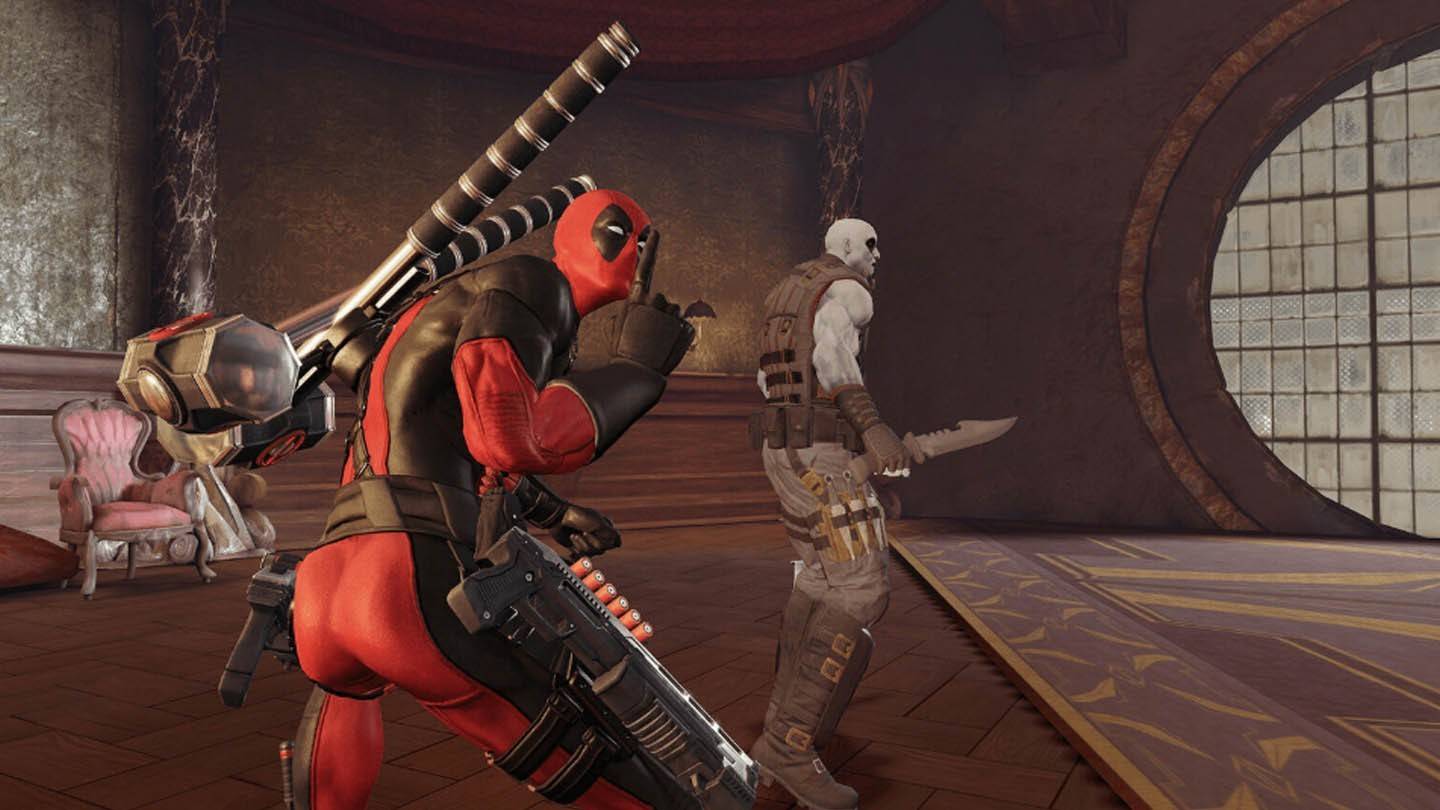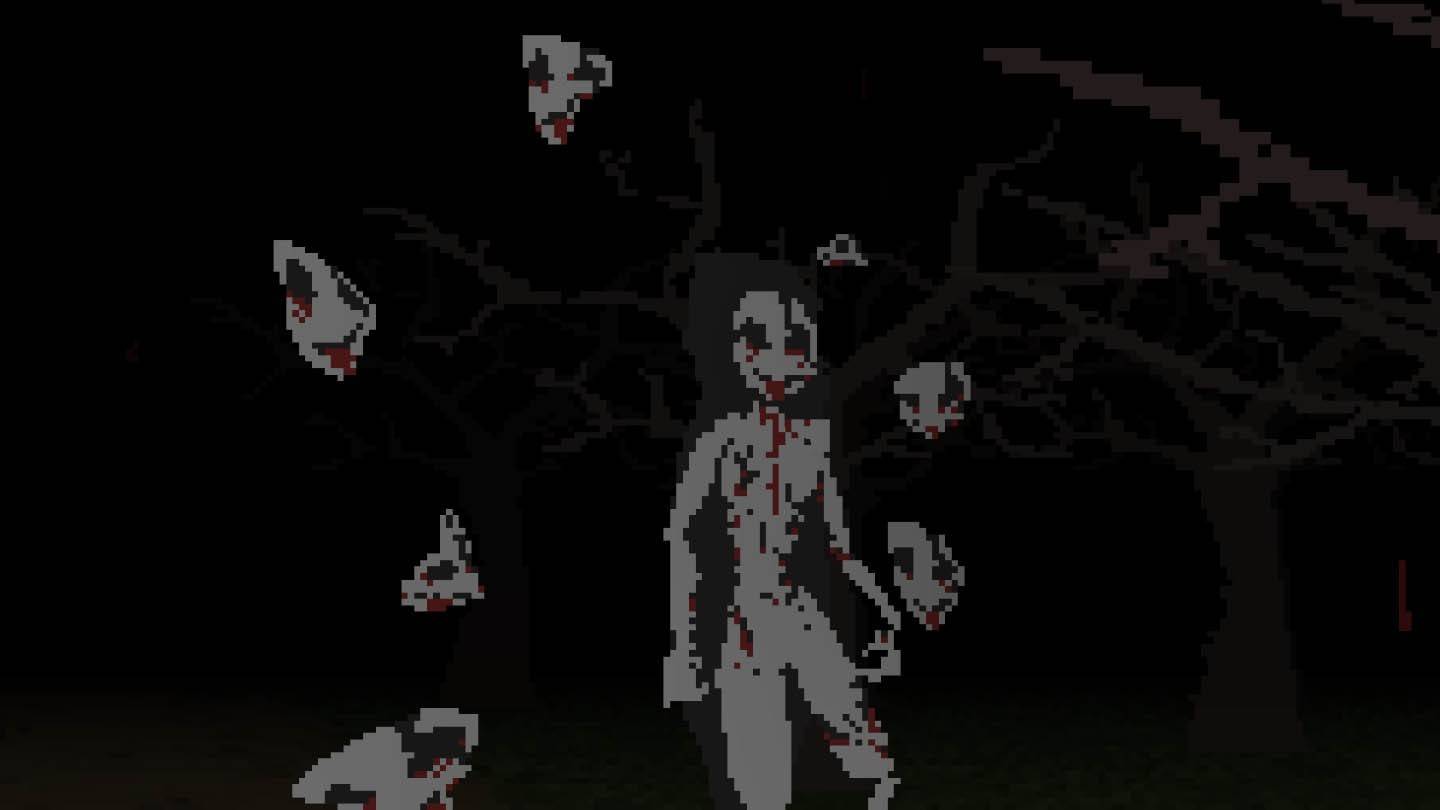The evolution of horror gaming constantly pushes developers to innovate in creating tension and fear. Familiar mechanics quickly become predictable, making narrative and design crucial for a truly impactful experience. While truly groundbreaking horror games are rare, a fascinating subgenre—let's call it "meta-horror"—has emerged, characterized by its direct interaction with the player, breaking the fourth wall. This interaction elevates the game beyond a simple narrative experience.
Early examples like Psycho Mantis in Metal Gear Solid, while revolutionary in 1998 for its controller manipulation and personalized taunts, have since been replicated in titles such as Deadpool, Detroit: Become Human, and Nier Automata. However, many games merely utilize fourth-wall breaks as a gimmick rather than a core gameplay element.

More recent entries, such as Miside, while categorized as having "elements of meta-horror," often fall short of the true meta-horror experience by limiting the interaction to simple player engagement. Its "game within a game" mechanic warrants further discussion in a future analysis.
Let's examine some exemplary meta-horror games:
Doki Doki Literature Club!

This 2017 visual novel initially presents as a lighthearted romantic comedy before taking a disturbing turn. Its meta-horror elements extend beyond simple player address; the game interacts with your operating system, creating files and manipulating your experience in ways that are both narrative and gameplay driven. Its innovative approach garnered significant attention, popularizing this style of meta-horror.
OneShot

This RPG Maker adventure transcends typical gameplay conventions. While not marketed as horror, it features unsettling moments and a unique meta-horror approach. The game actively interacts with the player's system, creating files, changing its own title, and directly addressing the player—all integral to puzzle solving. Unlike DDLC, OneShot fully integrates these interactions into its core gameplay loop.
IMSCARED

IMSCARED is arguably the pinnacle of meta-horror. It's a game that views itself not as a game but as a self-aware entity, directly interacting with the player's system in a way that blurs the lines between game and reality. This interaction involves crashes, window manipulation, cursor control, and file creation—both helpful and disruptive.

While some might consider such games "viruses," reputable meta-horror titles are not malicious. IMSCARED, released in 2012 and updated through 2025, provides a unique and unsettling experience that goes beyond visual horror.
Conclusion
While many games utilize similar techniques, few master the art of meta-horror like the titles mentioned. The unique and unsettling experience they offer is highly recommended. Whether you prefer visual novels (DDLC), puzzle-solving adventures (OneShot), or a truly disruptive and system-manipulating experience (IMSCARED), meta-horror offers a distinct and memorable gaming experience. For players seeking a different kind of challenge, Voices of the Void provides another intriguing option.







![Chubby Story [v1.4.2] (Localizations)](https://images.737c.com/uploads/85/1719638042667f981a5e9f8.jpg)

